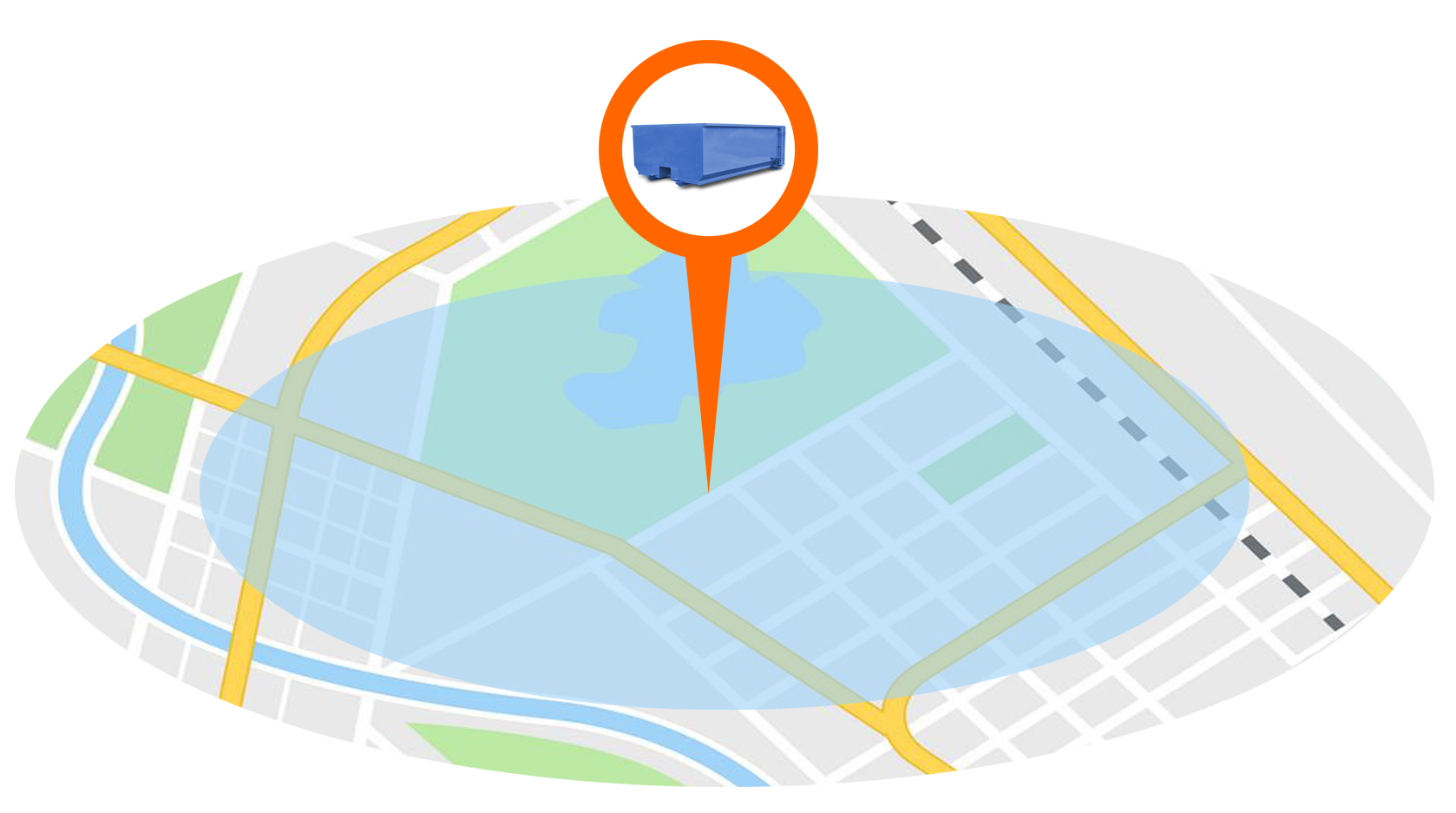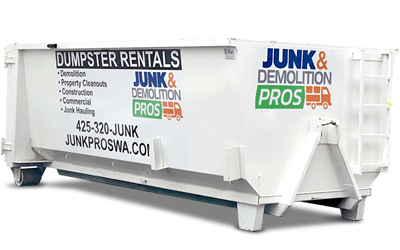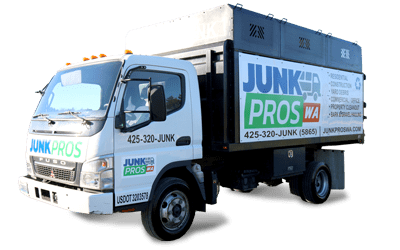We Take Just About Everything
Junk & Demolition Pros LLC
Some examples of the services we provide
Junk & Demolition Pros LLC provides simple to use online booking system that allows you to rent a dumpster or junk removal anytime you want, all on your convenience. Rent a roll-off dumpster for any residential or construction recycling while providing dependable, sustainable, full-service junk removal and hauling services as well as peace of mind for our customers. We are well known for providing comprehensive, professional and personal customer service while being efficient and offering a fair price. It’s our mission to make the process of renting a dumpster simpler and more efficient than ever before, while keeping our dumpster rental prices low and our standards high with a focus on recycling. When you trust us for your waste removal needs, you can rest assured you’ll receive your dumpster on time and that our team will be here for you should you have any questions throughout the process. We are the right choice for local contractors and homeowners alike in need of a dumpster rental service and we got your back for any kind of clean up you might need. Our containers are the ideal waste containment and removal solution for junk and waste of all types.
We Take Just About Everything
Some examples of the junk we haul away include

Junk & Demolition Pros LLC Service Area
Whether you’re looking for commercial dumpster recycling or a junk removal company for cleaning up your construction debris, we provide you with the perfect service in Seattle, Redmond, and all surrounding areas. To see all our full service area map, please visit our service area page.












